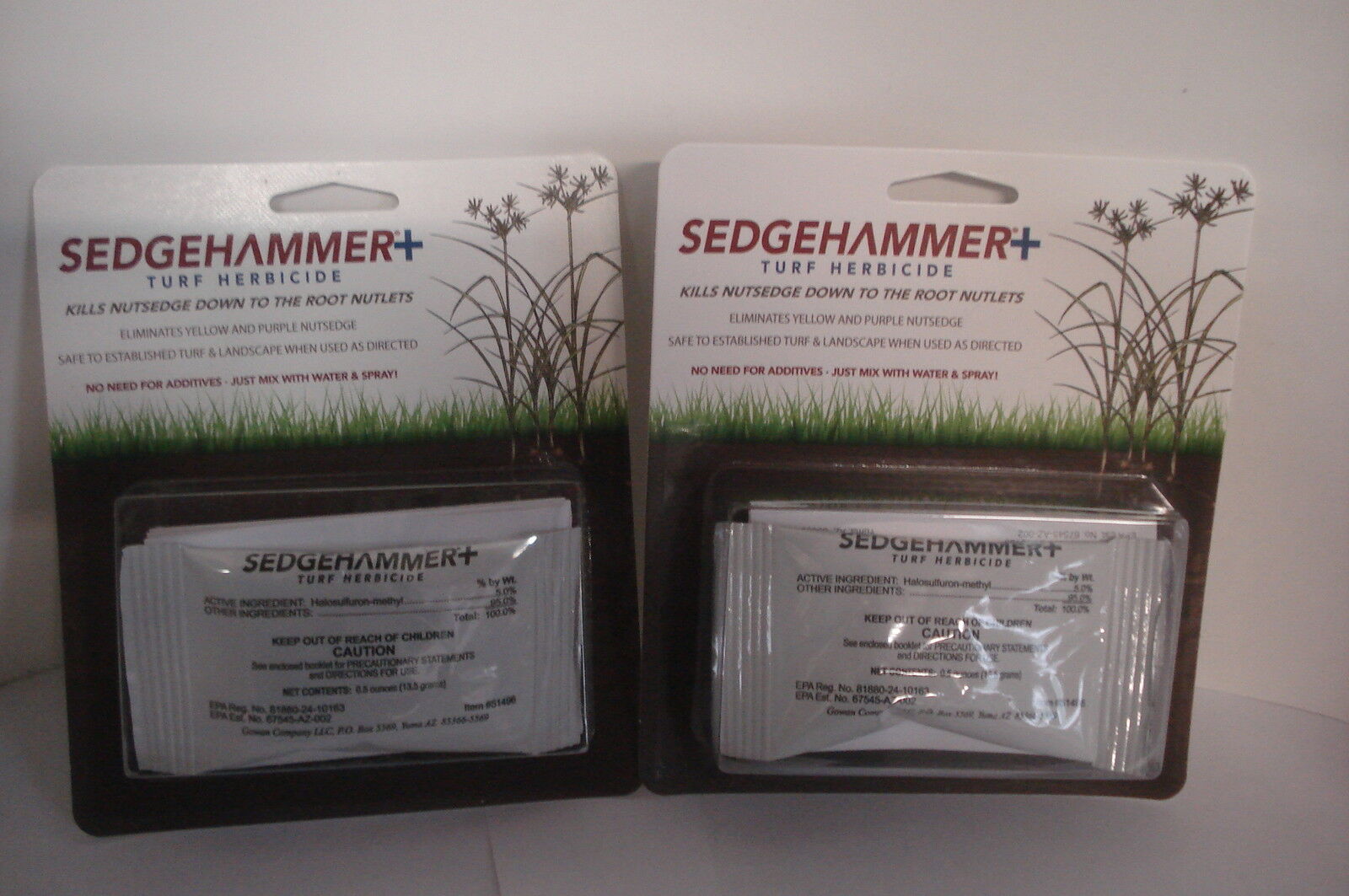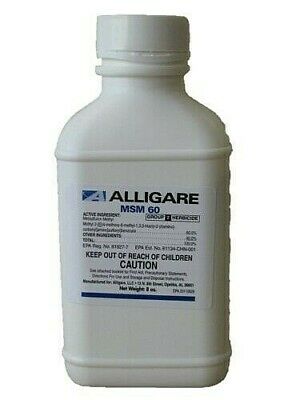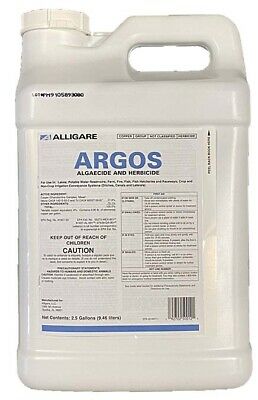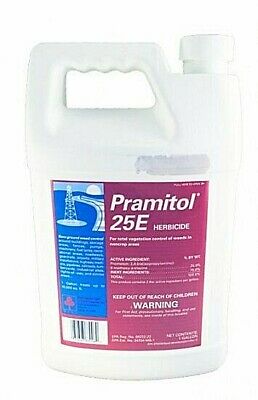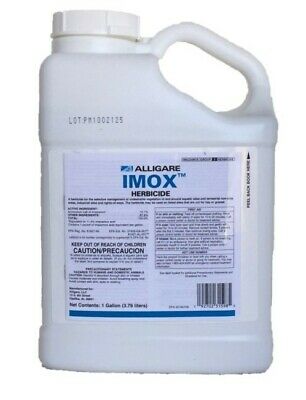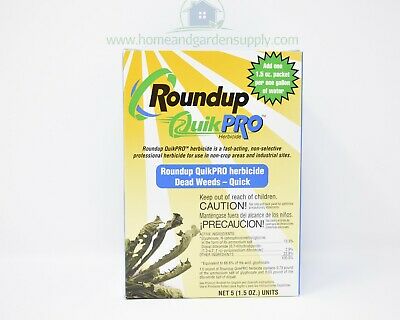-40%
ARYSTA PH-D GROUP 19 FUNGICIDE, 2 LB BAGS, POLYOXIN D ZINC SALT 11.3% BY WGT.
$ 66
- Description
- Size Guide
Description
Visit My eBay Store*************HUGE SAVINGS!!!!!!!!!!!!************
IF YOU KNOW OTHER GROWERS WHO WOULD USE THIS FUNGICIDE, LET THEM KNOW TO BUY IT HERE BEFORE IT SELLS OUT. NOT A BAD IDEA TO STOCK UP. ONCE WORD GETS OUT ABOUT THIS ITEM, IT IS SURE TO SELL QUICKLY. THIS WAS A ONE TIME BUY FOR ME AND I PROBABLY WON"T BE GETTING ANYMORE TO BE ABLE TO OFFER SUCH BLOWOUT PRICING..............
Each bag comes with instructions.
By Layne Wade, Technical Sales Support, Arysta LifeScience
Veraison in grapes is just around the corner, so fighting disease pressure – particularly in the form of Gray mold, or Botrytis bunch rot (caused by
Botrytis spp
.) – becomes a top priority for California growers.
Since
Botrytis
is found virtually everywhere plants are grown, the chances of grapes encountering it are significant. It is fast-growing, and its smoky-gray spores are spread by wind, water, or even insects. After infection by spores, the fungus depletes nutrients from the plant (in this case, grape bunches). As the fungal colony develops, it can become more aggressive, invading neighboring bunches and spreading to other vines.
Products from the Arysta LifeScience portfolio for grapes can help provide protection that growers want and need against
Botrytis
:
PH-D
– a broad-spectrum, Group 19 fungicide – has a 0-day PHI in grapes. As an effective tool to control diseases such as Bunch rot caused by
Botrytis
and berry infections caused by
Cladosporium
, PH-D should be applied preventatively to grape crops, particularly when climatic conditions exist for the development of harmful diseases. Its unique mode of action works by interfering with chitin-building enzymes, thereby preventing cell wall construction; this makes PH-D a smart addition to a rotational management program when multiple applications are required. Additionally, it is rainfast when dry on the leaf, and growers may apply up to three applications per year.
______________________________________________________________________________________________
ARYSTA'S PH-D FUNGICIDE RECEIVES CALIFORNIA LABEL EXPANSION
Aug. 3, 2018
Source: Arysta LifeScience news release
Arysta LifeScience announces that the Environmental Protection Agency (EPA) and California Department of Pesticide Regulation (CDPR) have approved a product label expansion for PH-D Fungicide for control of Septoria spot in citrus, Sclerotinia in lettuce, and Septoria leaf spot in stalk, stem and leafy vegetables.
PH-D is a FRAC group 19 fungicide that provides effective control of diseases that decrease crop quality and yield in a variety of fruit, vegetable and nut crops, including almonds, grapes, pistachios, pome fruit, strawberries, potatoes, cucurbits and fruiting vegetables. The expanded label extends the use of the fungicide to additional crops.
"PH-D is a trusted fungicide offering effective control with a unique mode of action that has become an important resistance management tool for tough crop diseases," said David Davies, U.S. Fungicides and Herbicides Marketing Manager. "This latest product label expansion adds a proven fungicide to the toolbox for managing tough diseases in more fruit and vegetable crops."
PH-D contains the active ingredient polyoxin-D zinc salt and controls a variety of fungi and diseases, including Septoria spot, Septoria leaf spot and Sclerotinia, which are important diseases in California crop production. Septoria spot in citrus is caused by Septoria citri and is found on Valencia and navel oranges, lemons and grapefruit.
Sclerotinia sclerotiorum and Sclerotinia minor are prevalent diseases in lettuce production that can ultimately cause lettuce drop, a condition when the lower leaves are damaged and drop to the soil surface. Septoria leaf spot, also known as Late blight, is a significant disease affecting celery production that typically occurs during cool, wet periods.
"Arysta LifeScience recommends that growers apply PH-D at the crop stage indicated on the product label for each crop and then rotate to fungicides with other modes of action as part of their resistance management strategy," Davies said. The product label can be found here.
Arysta LifeScience is a leading provider of disease and insect management solutions for fruit and vegetable crops in California. For more information on the company's portfolio of products, click here or visit www.arysta-na.com.




